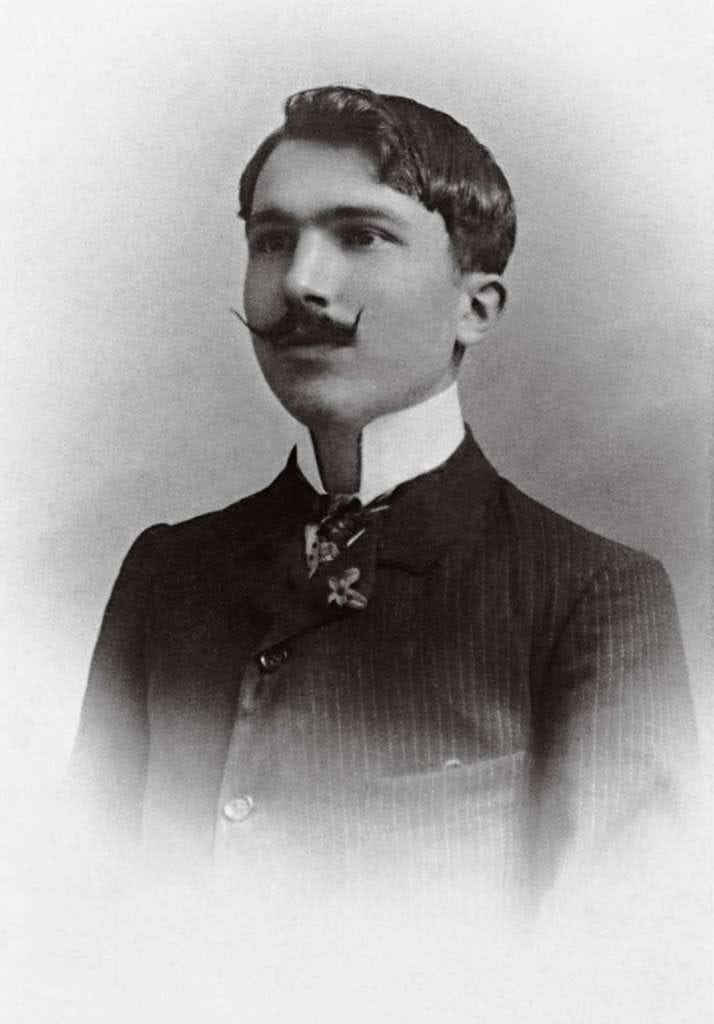If you buy soemthing through a link I will receive a small commission
It might surprise you to know that the number of books that I read voluntarily during my adolescence can be counted on one hand. When I got a plaxe to read Philiosophy and Theology at university I was sent a reading list for the year I was due to spend in Pakistan, and I started with the smallest: Frances Young’s Sacrifice and the Death of Christ. It’s a great little book. Young makes reference to a novel called Christ Recrucified, in which a small Greek village under Ottoman rule is confronted by the political reality of Christian faith. The author was a Cretan novelist by the name of Nikos Kazantzakis, more famous for his novel Zorba the Greek, turned into a movie starring Anthony Quinn, then subsequently for The Last Temptation, recreated for the screen by Martin Scorcese as The Last Temptation of Christ.
All three novels address similar themes: the eternal struggle between ideology, spirituality and the reality of embodied existence. Reading Christ Recrucified as a young man, I didn’t understand the history of Greece as an occupied country under Muslim rule (although my trips to Crete this year have helped me understand things a little). What struck me, inevitably, was the conflict between bodily pleasure and spiritual enlightenment. Both Zorba and Temptation wrestle with the same issues with different emphases.
This heightened sense of dualism between the world of the body and the world of the mind/spirit was something that I identified with as a young man, filled with both desire and idealism. As an older man, both my desire and my idealism feel less dominating and more integrated with each other. I don’t think mind/spirit and matter are two completely different things that will never live together comfortably. Quite the opposite, I don’t think you can have one without the other. My friend Tom Oord tells me this makes me a dual aspect monist. You’ll probably have to look that up; I did.
Unlike Epimenides, Kazantzakis is everywhere in Crete. The ‘national’ airport is named after him; he has a heritage centre in his hometown and a statue. If you’ve never read any of his books, I highly recommend them. He may not feel able to fully reconcile ideas, desires, ideals and politics, but his desire to have all of these on show in his novels means that he creates the kinds of books that I love (The Name of the Rose is my favourite).



